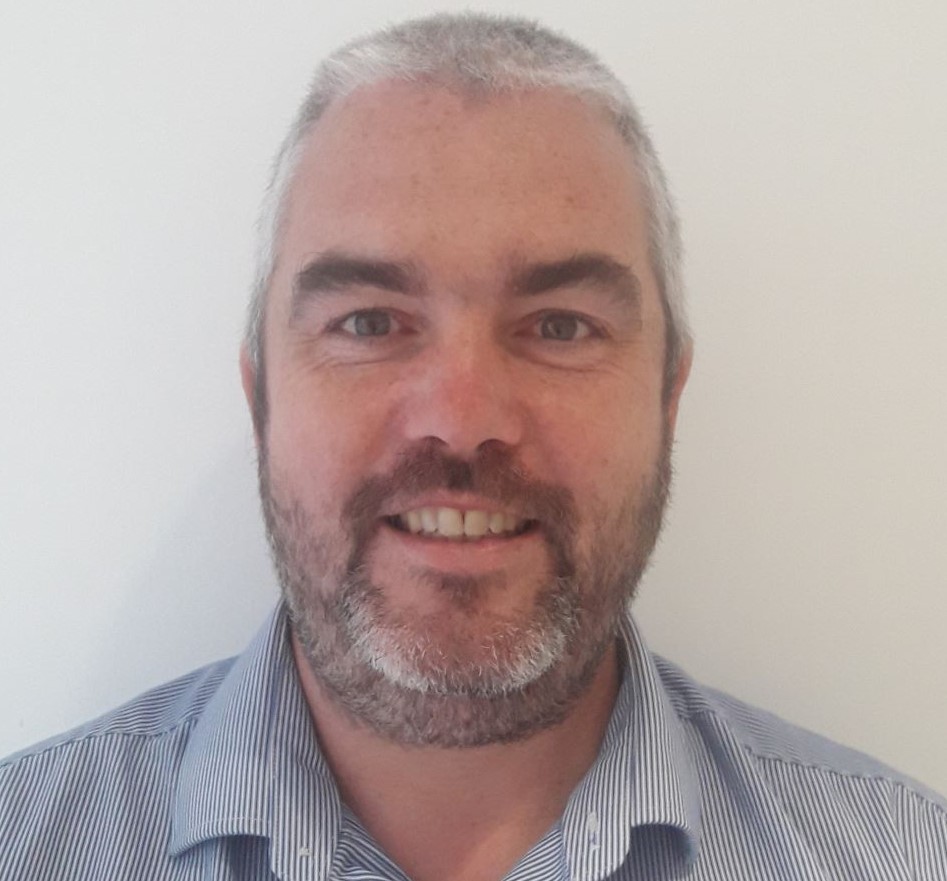Lauren Connell

Developing Health Professionals health literacy competencies to support patients in diabetes self-management.
Supervised by Dr Jane Sixsmith and Dr Yvonne Finn.
The project aims to develop and assess the feasibility of an educational intervention to empower patients, at risk of diabetic foot ulceration occurrence or recurrence, to self-manage.
My background is in Podiatry, I graduated with my BSc Podiatric Medicine in 2019, and completed my MPhil in Podaitric Medicine in 2020. I am passionate about providing holistic patient care, as a researcher and a clinican.
Health literacy is an evolving concept whereby 1 in 4 Irish people have 'limited' health literacy, which impacts an individual's ability to comprehend health information and use that information to make informed decisions. My project aims to develop an education programme for health professionals in an attempt to improve health literacy skills and communicational competencies to facilitate for better patient-practitioner communication.
This project is funded by the Human Research Board. It is part of the Diabetic Foot Disease (DFD) from prevention to improved patient outcomes (Primo) CDA scholarship, in conjunction with HrB.



















